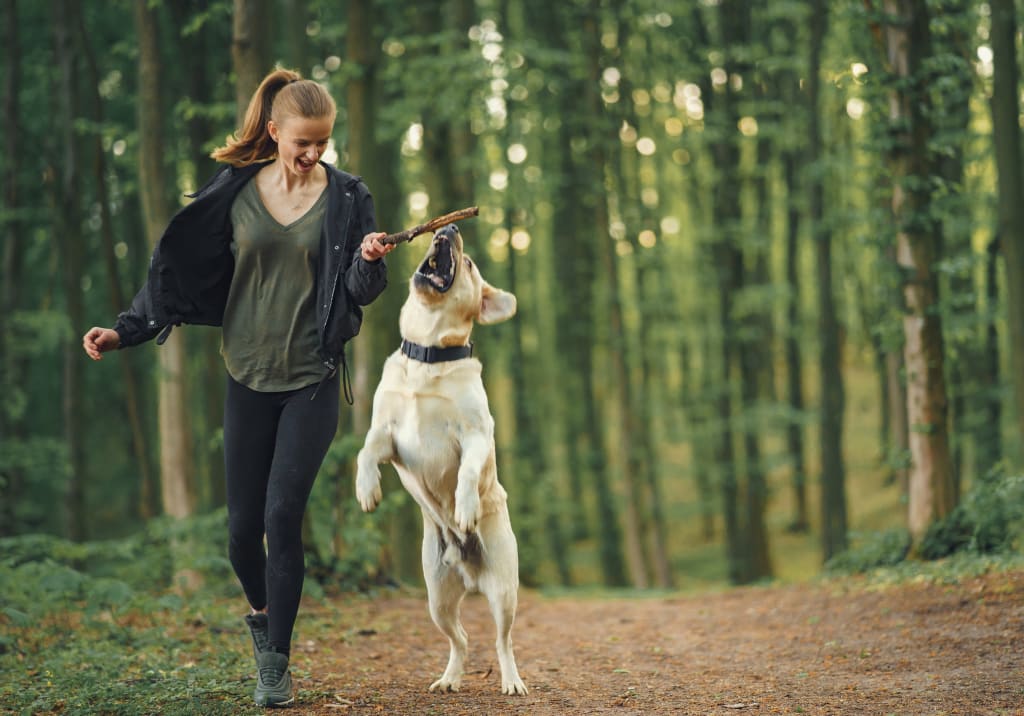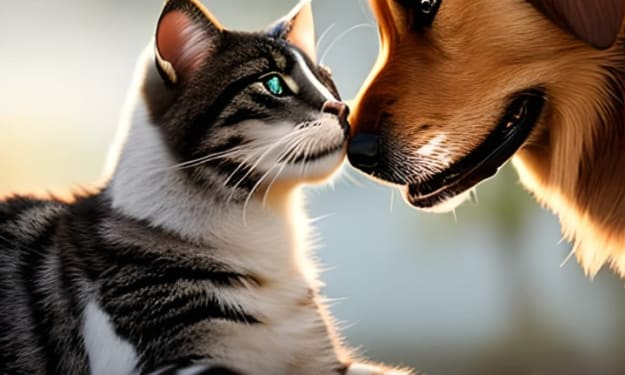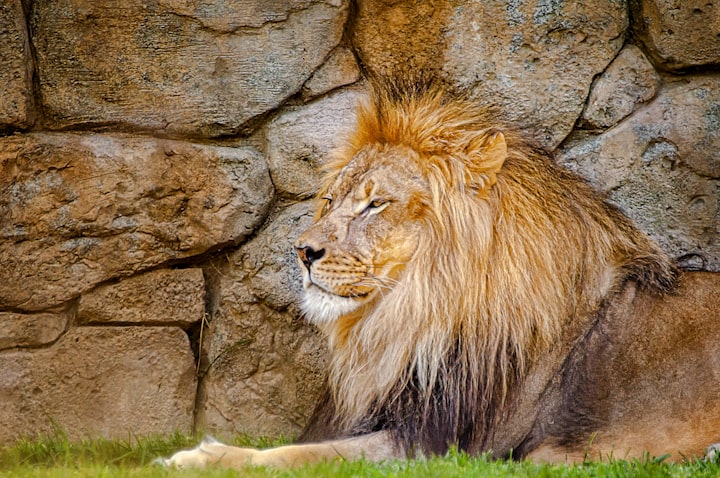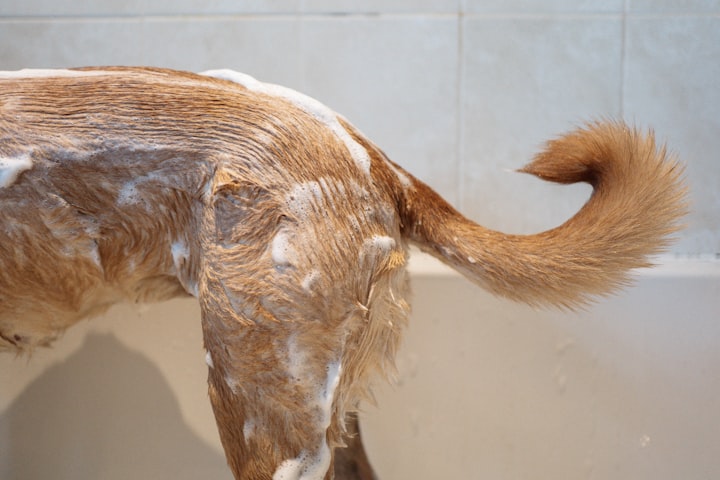The importance of mental and physical stimulation for pets
The benefits of having a smarter pet

It is crucial to provide pets with both mental and physical stimulation since it keeps their thoughts active and engaged and helps them avoid boredom, which can result in harmful behaviors.
Mental and physical stimulation can have several health advantages in addition to giving your pet a fuller and happier existence. For instance, regular exercise can promote muscle strength and flexibility, improve cardiovascular health, and help maintain a healthy weight.
Interactive play, puzzle toys, and games, as well as instruction and obedience drills, can all be used to stimulate the mind. By keeping your pet's mind active and engaged, these activities can also serve to build your relationship with your companion.
Providing mental and physical stimulation can be especially important for dogs, who have the instinct to work and learn new things.
1. The Benefits of Having a Smarter Pet
There are many benefits to having a smarter pet, including:
- Improved problem-solving abilities: A smarter pet is better at figuring out solutions to issues and overcoming obstacles. If your pet ever gets lost or escapes from your house, this can be extremely helpful.
- Greater capacity to pick up new skills: Intelligent animals are typically easier to train and have a greater capacity to pick up new skills. You and your pet may enjoy and benefit from doing this.
- Better socialisation abilities: Intelligent pets are usually better able to comprehend and react to social cues and are more adaptive to novel locations and situations. They may become friendlier and more entertaining as a result.
- Improved physical and mental health: By giving your pet mental and physical stimulation, you can keep their minds and bodies active and healthy. Your pet may live longer and be happier as a result of this.
- Stronger bond with the pet: Interacting with and training your pet can assist to enhance your relationship with it, resulting in a more satisfying one for both of you.
- Training and obedience: Drills can keep your pet's mind active and engaged. Training your pet to carry out certain activities and heed directions can help. This can include more complex actions and tricks in addition to simple ones like sit, stay, come, and heel.
- Puzzle toys and games: These can stimulate the mind and keep your pet's mind engaged by requiring them to solve puzzles or figure out how to get treats.
- Playtime and interactive toys: Playing with toys and interactive games on a regular basis helps stimulate your pet's body and mind. This can involve games like hide-and-seek, fetch, and tug-of-war.
- A varied and wholesome diet is crucial for your pet's general health and well-being, which includes the health of their brain. Following are some hints for providing your pet with a balanced diet:
- Based on your pet's age, size, and health status, see a veterinarian or a qualified pet nutritionist to evaluate their unique dietary requirements.
- Pick a premium pet food that satisfies your pet's dietary requirements. Look for a diet that is suitable for the life stage (such as puppy, adult, or senior) and any unique health issues your pet may have.
- Provide a range of food options, such as fresh fruits and vegetables, wet and dry meals, and so on. By doing so, you can guarantee that your pet is eating a balanced diet and keep them from getting bored with their food.
- Pay attention to serving sizes. Overfeeding your pet can result in obesity, which has detrimental effects on their health.
- As your pet gains experience, start with easy tricks and progressively get more challenging.
- Reward your pet for good behavior by using positive reinforcement strategies, such as treats and praise.
- Be persistent and patient. It could take some time for your pet to pick up new skills, so it's vital to be patient and give them plenty of practice.
- Start socialization early. It's generally easier for pets to adapt to new environments and social situations when they are young.
- Introduce your pet to a variety of different people, including children, seniors, and people with disabilities.
- Expose your pet to different environments, such as parks, pet stores, and other public places.
- Gradually introduce your pet to other animals, starting with animals that are well-behaved and calm.
- Use positive reinforcement techniques, such as treats and praise, to reward your pet for good behaviour when they are around other animals and people.
- Be patient and go at your pet's pace. It may take time for them to become comfortable in new social situations, so it's important to be patient and allow them to adjust at their own pace.
- By socializing your pet with other animals and humans, you can help them to become more well-rounded and adaptable, leading to a happier and more fulfilling life for both you and your pet.
2. Provide Mental and Physical Stimulation
There are many ways to provide mental and physical stimulation for your pet:
It's important to remember that each pet is unique and may have different needs when it comes to mental and physical stimulation. It's a good idea to pay attention to your pet's preferences and adjust the activities you do together accordingly.
3. Offer a Varied and Nutritious Diet
By offering a varied and nutritious diet, you can help to support your pet's overall health and brain function.
4. Teach Your Pet New Tricks and Skills
Giving your pet new tricks and skills can keep their minds active and engaged while also being enjoyable and gratifying for both of you. Here are some pointers for training your pet in new abilities and tricks:
4. Talk to your pet using hand signs and voice orders. This can help to make it easier for them to understand what you want them to do.
5. Seek out educational resources such as books, videos, and professional trainers to learn more about how to effectively train your pet.
By teaching your pet new tricks and skills, you can help to keep their minds active and engaged and strengthen the bond between you and your pet.
5. Socialize Your Pet With Other Animals and Humans
Socializing your pet with other animals and humans is important for their overall development and well-being. It can help to improve their socialization skills and make them more comfortable in new environments and situations. Some tips for socializing your pet inclue:
6. Seek Out Educational Resources
Books: There are numerous books available on a wide range of pet-related topics, including training, nutrition, health care, and behavior.
Videos: Online video courses and tutorials can be a convenient and effective way to learn more about pet care and training.
Professional trainers: Consider working with a professional pet trainer to help you learn more about how to effectively train and care for your pet.
Pet care classes: Many pet stores and community centers offer classes on pet care, training, and other related topics. These classes can be a great way to learn from experts and meet other pet owners in your community.
7. The Positive Impact of Implementing These Strategies:
Implementing the strategies which are advised in this blog post can have a positive impact on your pet's overall well-being and happiness. Providing mental and physical stimulation through activities such as training, puzzles, and playtime can help to keep your pet's mind and body active and healthy.
Offering a varied and nutritious diet can support overall health and brain function. Teaching your pet new tricks and skills can keep their mind active and engaged and strengthen the bond between you and your pet. Socializing your pet with other animals and humans can improve their socialization skills and make them more comfortable in new environments and situations.
Seeking out educational resources can help you to learn more about how to properly care for and train your pet. By implementing these strategies, you can help to ensure that your pet is healthy, happy, and well-rounded.
About the Creator
The LCP Book
Hi!!! Welcome to "The LCP Book" and I'm new to Vocal.
I'd love to travel and explore new places, and also I'm very much fond of Cats and Dogs.
Also, I love bike riding and playing badminton.
Cheers!!!






Comments
There are no comments for this story
Be the first to respond and start the conversation.